 Today we have a new Author. JL Morin is an author that is working through a book Tour that I am now a tour host for. Let welcome this new author to Interviews around the Globe.
Today we have a new Author. JL Morin is an author that is working through a book Tour that I am now a tour host for. Let welcome this new author to Interviews around the Globe.
I would love if you all took a look at our author Bio. We have some good questions and answer for her to answer. I also had the opportunity to read her latest book called "Nature's Confession". I have a reviewed it here at NRC and I also got a giveaway as for all of you as well. Nature's Confession by JL Morin & Giveaway, Here is the author bio for before we enter the interview. We welcome Heather to our community. #Interviews, #Interviewsaroundtheglobe, #NRC, #Giveaways, #cli-fi #romance #bookreview, @byJLMorin, and @iReadBookTours
 Novelist and rooftop farmer, JL Morin grew up in inner city Detroit and wrote her Japan novel, Sazzae as her thesis at Harvard. It was a Gold medalist in the eLit Book Award, and a Living Now Book Award winner. She took to the road, traveling around the world, worked as a TV newscaster, and wrote three more novels. Adjunct faculty at Boston University, J. L. Morin, was nominated for the Pushcart Prize in 2011. She is the author of Travelling Light, and ‘Occupy’s 1st bestselling novel’ Trading Dreams, a humorous story that unmasks hypocrisy in the banking industry and tosses corruption onto the horns of the Wall Street bull. She writes for the Huffington Post, and Library Journal, Sustainable Cites Collective, and has written for The Harvard Advocate, Harvard Yisei, Detroit News, Agence France-Presse, Cyprus Weekly, European Daily, Livonia Observer Eccentric Newspapers, the Harvard Crimson and others.
Novelist and rooftop farmer, JL Morin grew up in inner city Detroit and wrote her Japan novel, Sazzae as her thesis at Harvard. It was a Gold medalist in the eLit Book Award, and a Living Now Book Award winner. She took to the road, traveling around the world, worked as a TV newscaster, and wrote three more novels. Adjunct faculty at Boston University, J. L. Morin, was nominated for the Pushcart Prize in 2011. She is the author of Travelling Light, and ‘Occupy’s 1st bestselling novel’ Trading Dreams, a humorous story that unmasks hypocrisy in the banking industry and tosses corruption onto the horns of the Wall Street bull. She writes for the Huffington Post, and Library Journal, Sustainable Cites Collective, and has written for The Harvard Advocate, Harvard Yisei, Detroit News, Agence France-Presse, Cyprus Weekly, European Daily, Livonia Observer Eccentric Newspapers, the Harvard Crimson and others.Connect with the author: Website ~ Twitter ~ Facebook

The epic tale of two teens in a fight to save a warming planet, the universe . . .
Their environmental message comes just as the IMF reveals that governments spent an enormous $5.3 trillion on fossil fuel subsidies in 2014.
Where or how did you come up with the idea for your story?
It’s been a long succession of ideas, the first one from my friendship with my roommate at Harvard. The storyline moved from two girls in college to the romance between MakSym and Valentine. I actually started writing it before I found out about the horrendous polluting that is going on, and the story taught me to look closely to discover the truth. The inspiration in the beginning was relationships, love…and that grew into the relationships between the characters as I created them. My characters try to defend what is precious to them, and naturally, Nature comes into the picture.
How important are names to you in your book(s)? Do you choose the names based on liking the way it sounds or the meaning? Do you use any resources in assisting you to choose the name?
The names are central to the meaning of the book. One of my favorites is Wuhvie the hupcha, a species that looks like a dog but has six legs and a fan of tails. Another favourite is Any Gynoid, who is based on a female droid I met in Second Life.
Which of your characters (in this book) is your favorite and Why?
My favourite characters are Boy and Kenza. They are the soul of the book, struggling to pull their family and loved ones together to bring intelligent life to the next level of sustainability. I love them for their naiveté, which in the end, is what it takes to bouleverse the brainwash that society uses to anesthetize adults into believing it’s normal to do things like give 5.3 trillion dollars annually to fossil fuel companies…things that throw into question the meaning of life. My teen protagonist wonders, Were we put down on Earth to pollute?
Was there a certain scene in this book that was harder for you to write than others?
Not harder, per se, but there were a few that I wrote last because the book was missing an ingredient, like Mom and Kenza cooking during a family reunion on a distant planetoid. I wanted to show Mom passing down the cultural heritage to her daughter, and let people know that things that are often not taught at school, like cooking, are sometimes the most important bits of learning passed on.
If you could cast your characters in the Hollywood adaptation of your book, who would play your characters?
I could see MakSym being played by Ne Yo, whose real name is Shaffer Chimere Smith, the half-black, half-Asian actor.
What was your favorite part to write and why? (Alternate Q: What is your least favorite part of the publishing / writing process?)
My favourite scene to write is when MakSym tells a meeting of interstellar beings, man has been fighting the wrong war: “Some of you might remember doing a biology experiment where you filled a jar with water and put a few blades of grass in it with holes in the top. After a few days, if you looked at a drop of the water under a microscope, you saw healthy amoebas growing. After a few more days, the jar became full of amoebas as they happily multiplied. After a week, it stunk with rancid water. A look at a drop of the polluted water showed that all the amoebas were dead. What did Nature confess to us in that experiment? That growth could not go on forever. There is a saturation point. The amoebas were so successful that they multiplied until they used up all the resources and became extinct. If humans don’t guard against reaching their saturation point, they, too, will commit parricide against their planets. We saw the contagion on Earth, when mankind pit its cancerous growth against Nature. Now the truth is clear. Enslaving Nature, we enslave ourselves. Conquering Nature is a death wish. We have been fighting the wrong war, and in winning, we lose.” As you can see, I like a universal theme and strong lessons in a story.
Just as your book(s) inspire authors, what authors have inspired you to write? (Alternate Q: If you didn't like writing books, what would you do for a living?
My favourite genre growing up was sci-fi, authors like Vonnegut, Herbert, and LeGuin. My favourite romance was Wuthering Heights, and I loved the style Virginia Woolf invented. Recently, I’ve appreciated The Magus by John Fowles, and When We Were Orphans by Kazuo Ishiguro.
What writing advice do you have for other aspiring authors?
Get feedback, and re-write, rinse, repeat. New writers have no idea how much editing it takes to see a novel through to publication. I must have re-written Nature’s Confession between eleven times.
Do you read your reviews? Do you respond to them, good or bad? Do you have any advice on how to deal with the bad?
I do read and appreciate all my reviews. The good ones make my day, and the bad ones, well they’re outnumbered by the good ones, luckily. People have different tastes, so it’s impossible to please everyone. I just take them in stride and keep going.
What are you working on now? What is your next project?
Now I’m writing the sequel to Nature’s Confession. Some highlights are the crisis that occurs billions of years in the future when the sun gets too hot for life on Earth, and our heroes towing the Earth back into the habitable zone.
Bonus Question: Characters often find themselves in situations they aren't sure they can get themselves out of. When was the last time you found yourself in a situation that was hard to get out of and what did you do?
The real problem: Senior Economist at the World Bank, Herman E. Daly and Dr. Kenneth N. Townsend have proven (http://dieoff.org/page37.htm) that we can’t grow our way out of poverty and environmental degradation. Sustainable economic growth is impossible, since the economy is an open subsystem of the Earth ecosystem, which is finite, non-growing, and materially closed. As the economic subsystem grows, it engulfs more and more of the ecosystem in which it exists and is bound to reach a limit when it ‘incorporates’ (their words) 100 percent of the ecosystem, if not before. Thus, the economy’s infinite growth is by Nature not sustainable.


Please read my NRC Policies Page. Follow NRC: | Facebook | Twitter | Bloglovin | Pinterest | Goodreads | Google + | Smashwords | Fictfact | Riffle | Linkedin | Sign up for NRC Newsletter |













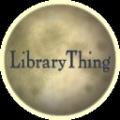



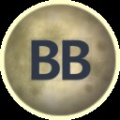

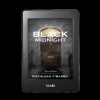
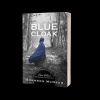
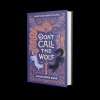
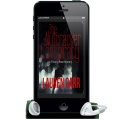
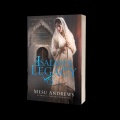
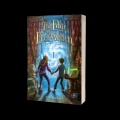


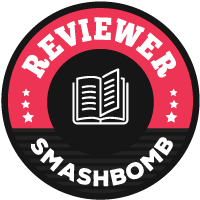
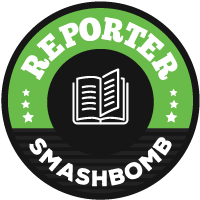
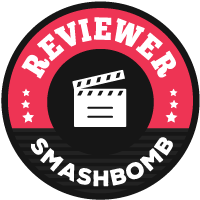
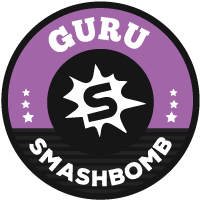
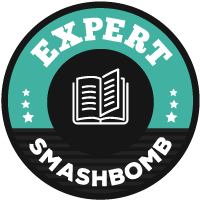



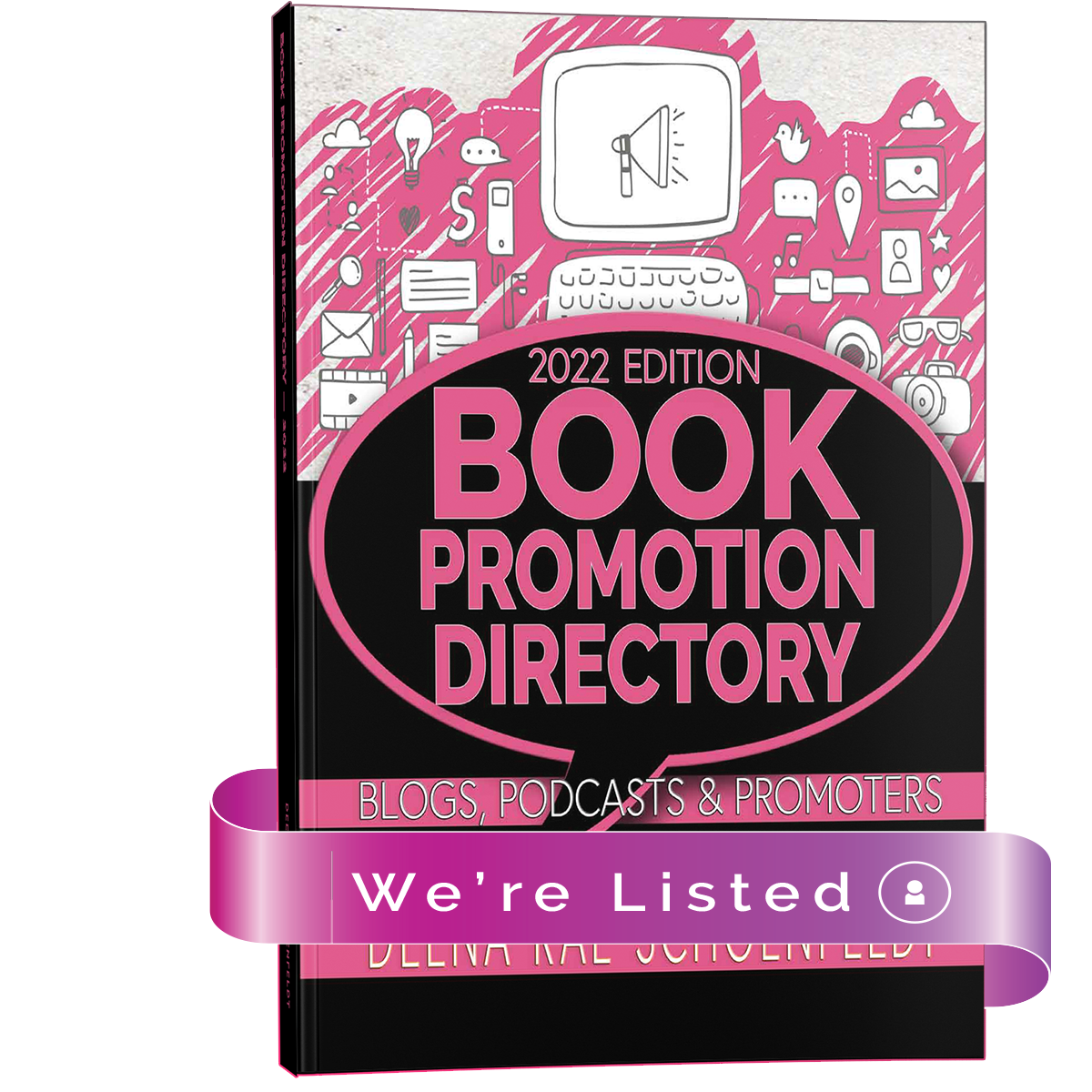


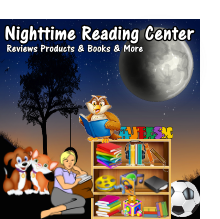





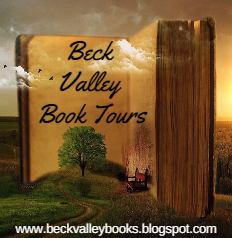



0 comments:
Post a Comment